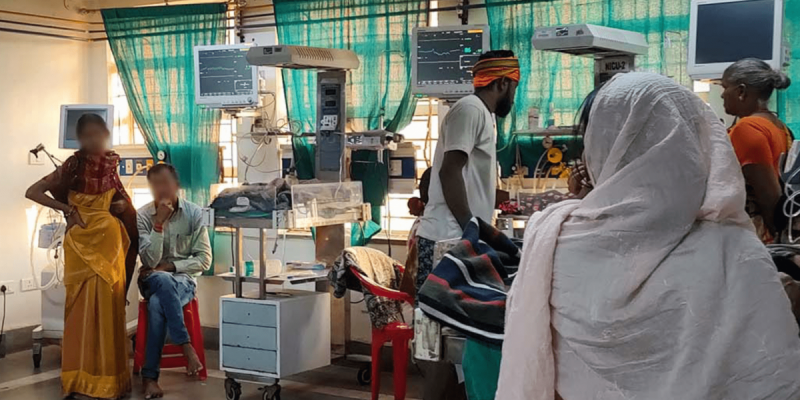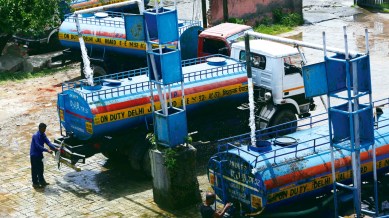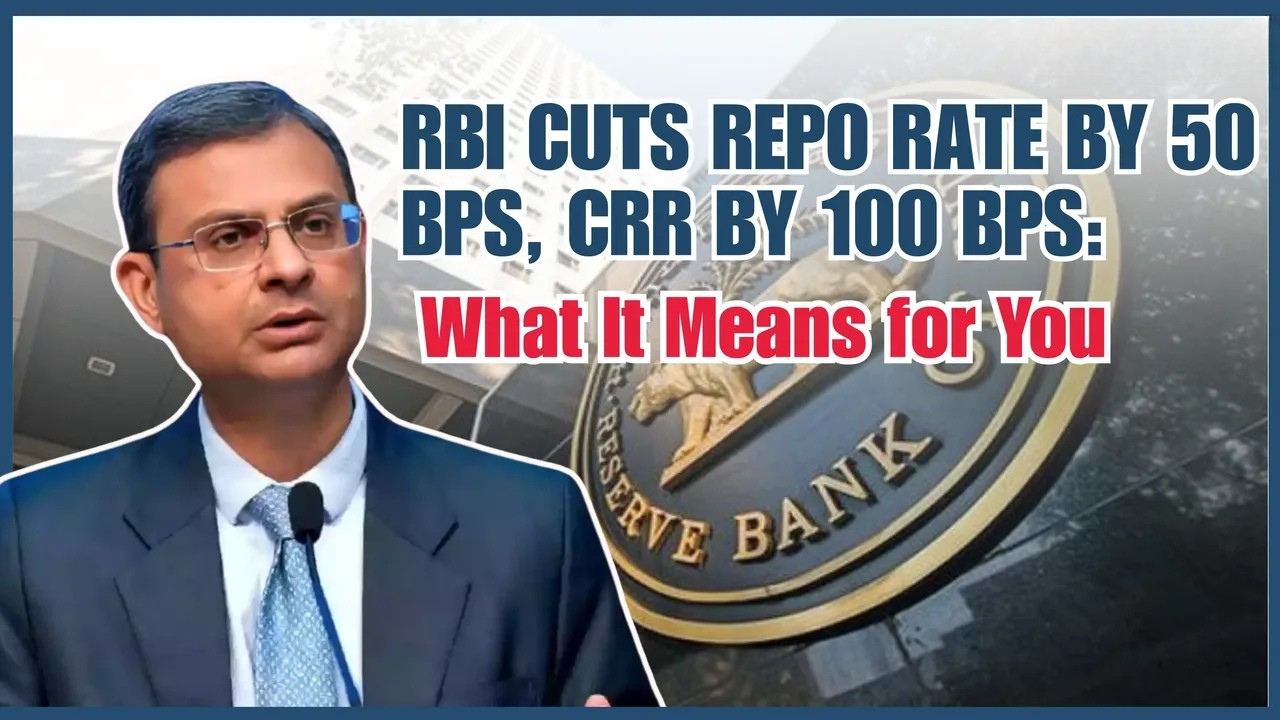- Courses
- GS Full Course 1 Year
- GS Full Course 2 Year
- GS Full Course 3 Year
- GS Full Course Till Selection
- MEP (Mains Enrichment Programme) Data, Facts
- Essay Target – 150+ Marks
- Online Program
- GS Recorded Course
- NCERT- First Ladder
- Polity
- Geography
- Economy
- Ancient, Medieval and Art & Culture AMAC
- Modern India, Post Independence & World History
- Environment
- Governance
- Science & Technology
- International Relations and Internal Security
- Disaster Management
- Ethics
- Current Affairs
- Indian Society and Social Issue
- CSAT
- 5 LAYERED ARJUNA Mentorship
- Public Administration Optional
- ABOUT US
- OUR TOPPERS
- TEST SERIES
- FREE STUDY MATERIAL
- VIDEOS
- CONTACT US
Corruption Perceptions Index (CPI) 2024
Corruption Perceptions Index (CPI) 2024
- India has been ranked 96th out of 180 countries in the 29th Corruption Perceptions Index (CPI) 2024, as per the Transparency International report released in February 2025.
- India’s CPI score in 2024 is 38, marking a decline from 39 in 2023 and 40 in 2022 — indicating a worsening perception of public sector corruption.
Key Points about CPI Index
- The index measures the perceived levels of public sector corruption.
- The CPI score ranges from 0 (highly corrupt) to 100 (very clean).
- Each country’s score is derived from at least three data sources, selected from 13 different corruption surveys and assessments.
- Sources include global institutions like the World Bank and World Economic Forum.
Global and Regional Highlights
Top and Bottom Performers
|
Top 3 Countries |
||
|
Rank |
Country |
Score |
|
1 |
Denmark |
90 |
|
2 |
Finland |
88 |
|
3 |
Singapore |
84 |
|
Bottom 3 countries |
||
|
180 |
South Sudan |
8 (Displaced Somalia at the bottom) |
|
179 |
Venezuela |
10 |
|
178 |
Syria |
12 |
- South Sudan is now the lowest-ranked country with a score of 8, while Somalia scored 9.
- Denmark, Finland, and Singapore continue to lead the chart with the highest CPI scores.
Asia-Pacific Region Performance
- The regional average score declined to 44, reflecting failure to deliver on anti-corruption promises.
- India's score of 38 is below the regional average.
Performance of India’s Neighbours
|
Country |
CPI Score |
|
Bangladesh |
23 |
|
Pakistan |
27 |
|
Sri Lanka |
32 |
- Bangladesh, despite being a major recipient of climate finance, faces serious risks of embezzlement and corruption.
- Pakistan shows governance gaps and policy delays, especially in climate-related implementation.
Long-Term Trends and Concerns
- Since 2012, only 32 countries have significantly improved their corruption levels.
- However, 148 countries have either stagnated or worsened.
- Over two-thirds of countries scored below 50, highlighting global challenges in tackling corruption.
- The global average CPI score remains stagnant at 43 for several years.
Corruption and Climate Change: A Dangerous Nexus
- The CPI 2024 report underlines the strong linkage between corruption and climate change.
- Corruption often leads to misuse of climate funds, preventing help from reaching vulnerable populations.
- It hinders effective implementation of environmental policies, thereby causing greater environmental damage.
- In many climate-vulnerable countries, funds meant for mitigation and adaptation are siphoned off due to systemic corruption.
India’s Anti-Corruption Framework- Lokpal and Lokayuktas Act
Background and Evolution
- The idea of Lokpal (anti-corruption ombudsman) was first proposed in 1963 during a discussion on Union Law Ministry’s budget allocation.
- Between 1968 and 2001, eight different bills were introduced in Parliament but none were passed during that period.
- Meanwhile, some states took independent initiatives — Maharashtra was the first to establish a Lokayukta in 1971 under the Maharashtra Lokayukta and Upayukta Act.
The Lokpal and Lokayuktas Act, 2013
- Came into effect on January 16, 2014.
- Provides for a central anti-corruption ombudsman called Lokpal, headed by a Chairperson who is:
- A former Chief Justice of India, or
- A former Supreme Court Judge, or
- An eminent person with prescribed qualifications.
Composition of Lokpal
- Lokpal can have up to 8 members, with 50% as judicial members.
- Among total members, at least 50% must belong to SCs, STs, OBCs, minorities, and women.
Jurisdiction of Lokpal
- Covers a wide spectrum of public officials including:
- Prime Minister
- Union Ministers
- Members of Parliament
- Central Government Officers (Groups A, B, C, and D)
- Lokpal can inquire into allegations of corruption related to these officials.
- Exceptions for Prime Minister’s Inquiry:
- No inquiry if the matter relates to international relations, internal/external security, public order, atomic energy, or space.
- Inquiry against PM can begin only if approved by full Lokpal bench and at least two-thirds of the members.
Tenure and Appointment
Lokpal Chairperson and members hold office for 5 years or until the age of 70, whichever is earlier.
Key Appointments So Far
- Justice Pinaki Chandra Ghose (Retd. Supreme Court Judge) was the first Lokpal Chairperson, appointed in March 2019.
- After his retirement in May 2022, Justice Pradip Kumar Mohanty (Retd. Jharkhand HC Chief Justice) served as Acting Chairperson.
- In 2024, Justice A.M. Khanwilkar (Retd. Supreme Court Judge) was appointed as the new Lokpal of India.
Refer Current Affairs Total (CAT) Magazine January 2025, Page 14-15 for Comprehensive Coverage of Lokpal and Lokayuktas Act.
|
Also Read |
|
| FREE NIOS Books | |




